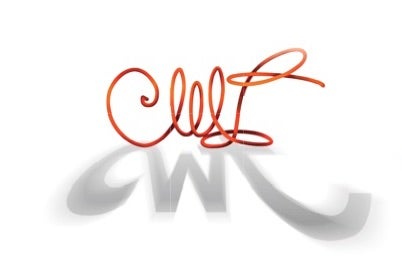
Medical device OEMs are no strangers to tight production timelines. Managing deadlines successfully and keeping production on track is crucial for these companies. Major implications are a real possibility if production is held up too long.
Depending on the length of the delay incurred, failure to meet production deadlines could mean unfulfilled supply agreements. Serious issues that take a while to resolve could prompt previously loyal customers to look elsewhere for a competitor product, impacting the device’s sales figures.
Whether caused by bottlenecks in the manufacturing workflow, unforeseen equipment downtime, a sudden staffing issue, or problems in the supply chain, a missed production deadline for a medical product is not just a financial and reputational problem for the manufacturer in question. If a device is briefly unavailable and no equivalent exists on the market, it will be the hospitals and ultimately the patients that suffer from shortages of equipment.
Delays in the production of critical devices might trigger a public health concern, especially during current pandemic times where fluctuating waves of Covid-19 infections send hospitalisation numbers and equipment demand soaring unpredictably.
Avoiding delays in product development
On top of keeping existing production on track, medical device OEMs are also under high amounts of pressure to reduce the product development cycle for new devices. Rapid design iterations are typically needed during prototyping, and frequently depend on how fast the engineers can procure the raw materials and parts required.
When working on an innovative new device the likes of which the market has never seen, the stakes are higher still. Beating competitors through speedy product development is detrimental to your market share further down the line. If you experience significant hold-ups along the way, it becomes much more likely another company could beat you to it.
It’s also important to remember that every day you lose in the product development timeline is an extra day that the doctors and patients who need your device don’t have access to it. Once again, the implications of delays in the medical device industry go far beyond profit and loss matters.
There are many reasons product development can fall behind schedule. Maybe there’s a problem with the design itself or an issue in the regulatory compliance paperwork. Failure to understand requirements for tooling and capital equipment, and how long those builds can take, is another common delay. One of the most frequently experienced delays, however, are those caused by problems with supply.
Securing reliable, fast supply of components
Typically, a large number of suppliers may be involved in the supply chain, yet materials and components all need to arrive on time for production to stay on track or for product development to commence.
The best approach is to start sourcing your supply sooner than you think is necessary. Being proactive and prepared means that, should an unforeseen supply issue add a few weeks or even months onto the supplier’s lead time, it shouldn’t impact your processes. Consolidating the supply chain by working with providers who can offer a range of core and value-added services can also make a big difference.
It goes without saying that choosing suppliers that are nimble, fast to respond, and reliable will give you the best results. When a custom-designed part is needed, these requirements are even more important. The sourcing of customised medical wire components for products like catheters and guidewires is one such example where the efficiency of the partner company’s engineering team, and the reliability of their production, is key.
Custom Wire Technologies (CWT) is a trusted provider of medical wire solutions for OEMs both large and small. CWT’s core offering revolves around its expert coiling and grinding capabilities, on top of which the company provides value-added services such as cleanroom assembly, laser and plasma welding, laser marking, ink pad printing, wire EDM cutting, passivation, electropolishing, and PTFE coating.
A medical wire supplier you can trust
Aggressive stocking of raw material enables CWT to meet customer needs. Communication and transparency have also been key to earning the industry’s trust.
John Corsten, technical sales manager at CWT explains: “In these challenging times, CWT is in constant communication with our raw material suppliers, trying to keep a pulse on lead times. As a result, we are proactively communicating with our customer base. Now more than ever, it’s critical to secure blanket POs when possible. That means our customers need to push their end customer for accurate forecasting. This allows us to set up Kanban programmes with our raw material suppliers.”
Top-rate customer service enables CWT to stand out from the competition. “The number of prospects that are coming to us due to lack of response from other suppliers is unprecedented. We pride ourselves on customer service and being responsive. When quality issues arise, we respond quickly and do our best to make it right ASAP,” says Corsten.
To help customers combat especially tight deadlines, the US company launched a programme called QwikCoil. The programme combines exceptional wire coiling R&D services with superfast turnarounds, aiming to provide OEMs with critical coiled wire components for catheter reinforcement within just a week, provided material is in stock.


